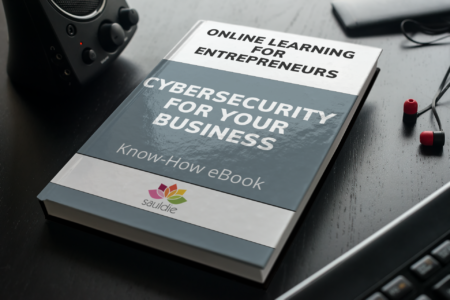What exactly is phishing?
Phishing is the sending of an email that falsely pretends to be from a known, real company in order to trick the recipient into revealing personal information that will be used for identity theft. The customer is redirected to a website where they are required to update personal information such as passwords, credit card numbers, national insurance numbers and bank account details.
By copying the HTML code or framing parts of the pages, it is quite easy to make a website appear genuine.
Many people fall victim to email scams aimed at stealing login credentials for accounts such as PayPal, eBay, online banking and others. The scammers will send emails to any address they can get their hands on, so you may receive one even if you don't have an account with the targeted shop, website or company.
The appearance of scam emails is getting better and better. You may receive an email from eBay that looks like it came from them. The email contains all the necessary logos and is presented in a standardised manner. The links in the email even appear to lead to real eBay pages.
For example, emails purporting to be from eBay state that the user's account will be blocked if they do not click on the link provided and update their credit card details.
Other PayPal-related fraud cases often include a notification about unwanted access attempts. The sender informs you that an attempt has been made to gain access to your account. As a result, you risk having your account "frozen".
However, if you open the link in the email (as instructed), you can enter your password and prevent your account from being lost. Those who have had the misfortune to share their login details with strangers have no doubt done so.
Remember that this is not just about PayPal. Similar emails are also being sent to Storm Pay, e-gold, eBay and other users. Be wary of these scams that try to trick you into providing information (e.g. passwords) that will allow the sender to gain access to your account.
If you receive a dodgy message, open a new browser and enter the URL to your account. Never open a link in an email that purports to take you to your PayPal account. Your account information (and your finances!) will be safer if you make this a rule.
If you feel that you have submitted confidential financial information about yourself or other accounts due to a phishing scam, you should take the following steps:
- Contact your bank or your account immediately.
- Request a fraud alert on your credit report by contacting the major credit bureaus.
- File a formal complaint with the Federal Trade Commission (FTC).
- If you believe you have been the victim of a phishing scam, you can also inform the Internet Crime Complaint Centre.


